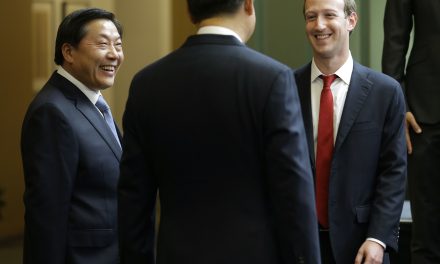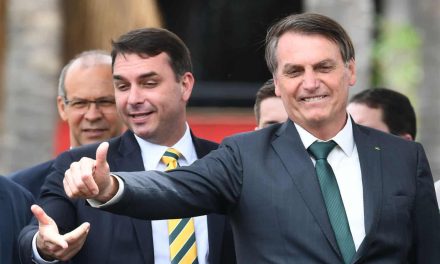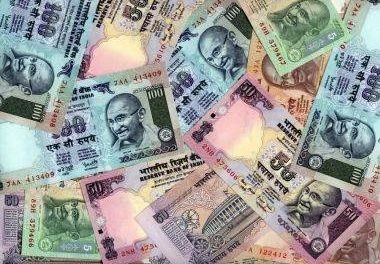25 May 2019
In August 2018, Denis Nikandrov, former high-ranking investigator of Russia’s Investigative Committee, was sentenced to 5 years and 6 months in prison with no fine and was prohibited from holding law enforcement posts for 3 years. He was also deprived of his General rank.
A court in Moscow has ordered Nikandrov to be released on bail.
Former Generals Mikhail Maksimenko, and Alexander Lamonov were arrested as part of an extortion case involving an alleged gang leader Zakhariy Kalashov. On 20 April 2018, Maksimenko was found guilty of taking bribes and was sentenced to 13 years in prison. He was also fined $2.8 million. Lamonov was given a 13-year prison sentence and a fine of $2.8 million.
The trials were held behind closed doors because of the confidential information contained in the case documents. The case was reviewed without examination of evidence and questioning of witnesses as the defendant pleaded guilty and made a plea-bargain with the investigators. Rapsy reported.
These are typical examples of what we get to see from the corruption litigation in Russia. Corruption is strongly established in the model of public governance in Russia and is worsened by general weakness of rule of law. In 2004, at the beginning of Vladimir Putin’s second term as president, Russia dropped from 90th place in the Corruption Perceptions Index to 126th place just in only one year. Russia joined the OECD Anti-Bribery Convention in 2012. This was a step in the anti-corruption direction.
After the dissolution of the Soviet Union billions of dollars from the Soviet state treasury were moved into private accounts across Europe and the U.S. This was facilitated by lack of money laundering controls.
Justice Ministry proposes to introduce legislation to decriminalise certain corruption offences, if failure to observe the law was caused by circumstances that made it impossible to comply. The proposal is rather vague and gives room for committing corruption with impunity. The proposal does not go into detail about the circumstances under which conflicts of interest, bribery, fraud and other offenses might be decriminalized. This will lead to further weakening of the rule of law.
The Russian Prosecutor General’s Office said that Russian companies received about $110 million from Switzerland being accounts frozen at the request of the Prosecutor General’s Office. Also, at the request of the Prosecutor General’s Office some criminals living abroad were arrested and their bank accounts of about 250 million euros were frozen along with real estate of about €300 million. In particular, for the last 2 years in Switzerland, €35 million have been frozen in the accounts of persons who had stolen funds from the “Moscow United Electric Grid Company”, as well as more than 12 million Swiss francs in the accounts of the former Deputy Minister of Agriculture of the Russian Federation accused of embezzling OAO “Rosagroleasing” and a number of Russian banks. A confiscation of €1.8 million was imposed on the accounts of a Russian citizen accused of embezzlement while carrying out restoration work in St. Petersburg. Basmanny Court of Moscow ordered the arrest of Mikhail Abyzov, ex-head of the Open Government. Forbes magazine ranked him as 162nd richest person in Russia with a fortune of $600 million. These are the typical measures taken to combat corruption in the country. But these types of measures are not enough to eradicate corruption in Russia. Corruption there needs a more radical approach and a strong leader.
Opposition activist and politician Alexey Navalny has set up the Anti-Corruption Foundation as a non-profit organization in 2011. Its main goal is to investigate and to expose corruption cases among high-ranking Russian government officials, which they have been successfully doing for the last few years.
Putin’s anti-corruption message is very simple. Stealing in exchange for loyalty remains the custom, but if the elites want to continue enjoying their right to steal, they should repatriate their money and family to Russia. In the case of state officials, keeping money abroad is now considered treason. Elites have nothing to gain from this new contract. Russian history has taught them that in times of purges, nobody can feel secure. For them, their family and their money are far safer in the foreign countries than in Russia. IWM reported.
In the end, the Russian population pays for this corruption. The rampant corruptions translate into rapid increases in tariffs for housing, water, gas and electricity, which significantly outpace the rate of inflation.















